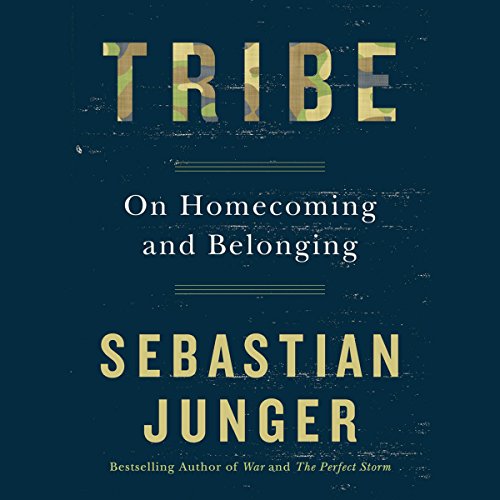Tim Ferriss, the #1 New York Times best-selling author of The 4-Hour Workweek, shares the ultimate choose-your-own-adventure book—a compilation of tools, tactics, and habits from 130+ of the world’s top performers. From iconic entrepreneurs to elite athletes, from artists to billionaire investors, their short profiles can help you answer life’s most challenging questions, achieve extraordinary results, and transform your life.
From the author:
In 2017, several of my close friends died in rapid succession. It was a very hard year, as it was for many people.
It was also a stark reminder that time is our scarcest, non-renewable resource.
With a renewed sense of urgency, I began asking myself many questions:
Were my goals my own, or simply what I thought I should want?
How much of life had I missed from underplanning or overplanning?
How could I be kinder to myself?
How could I better say “no” to the trivial many to better say “yes” to the critical few?
How could I best reassess my priorities and my purpose in this world?
To find answers, I reached out to the most impressive world-class performers in the world, ranging from wunderkinds in their 20s to icons in their 70s and 80s. No stone was left unturned.
This book contains their answers—practical and tactical advice from mentors who have found solutions. Whether you want to 10x your results, get unstuck, or reinvent yourself, someone else has traveled a similar path and taken notes.
This book, Tribe of Mentors, includes many of the people I grew up viewing as idols or demi-gods. Less than 10% have been on my podcast (The Tim Ferriss Show, more than 200 million downloads), making this a brand-new playbook of playbooks.
No matter your challenge or opportunity, something in these pages can help.
Among other things, you will learn:
• More than 50 morning routines—both for the early riser and those who struggle to get out of bed.
• How TED curator Chris Anderson realized that the best way to get things done is to let go.
• The best purchases of $100 or less (you’ll never have to think about the right gift again).
• How to overcome failure and bounce back towards success.
• Why Humans of New York creator Brandon Stanton believes that the best art will always be the riskiest.
• How to meditate and be more mindful (and not just for those that find it easy).
• Why tennis champion Maria Sharapova believe that “losing makes you think in ways victories can’t.”
• How to truly achieve work-life balance (and why most people tell you it isn’t realistic).
• How billionaire Facebook co-founder Dustin Moskovitz transformed the way he engages with difficult situations to reduce suffering.
• Ways to thrive (and survive) the overwhelming amount of information you process every day.
• How to achieve clarity on your purpose and assess your priorities.
• And much more.
This reference book, which I wrote for myself, has already changed my life. I certainly hope the same for you.
I wish you luck as you forge your own path.
All the best,
Tim Ferriss
Tag: Tribe
Tribe: On Homecoming and Belonging

We have a strong instinct to belong to small groups defined by clear purpose and understanding – “tribes”. This tribal connection has been largely lost in modern society, but regaining it may be the key to our psychological survival.
Decades before the American Revolution, Benjamin Franklin lamented that English settlers were constantly fleeing over to the Indians – but Indians almost never did the same. Tribal society has been exerting an almost gravitational pull on Westerners for hundreds of years, and the reason lies deep in our evolutionary past as a communal species. The most recent example of that attraction is combat veterans who come home to find themselves missing the incredibly intimate bonds of platoon life. The loss of closeness that comes at the end of deployment may explain the high rates of post-traumatic stress disorder suffered by military veterans today.
Combining history, psychology, and anthropology, Tribe explores what we can learn from tribal societies about loyalty, belonging, and the eternal human quest for meaning. It explains the irony that – for many veterans as well as civilians – war feels better than peace, adversity can turn out to be a blessing, and disasters are sometimes remembered more fondly than weddings or tropical vacations. Tribe explains why we are stronger when we come together and how that can be achieved even in today’s divided world.
